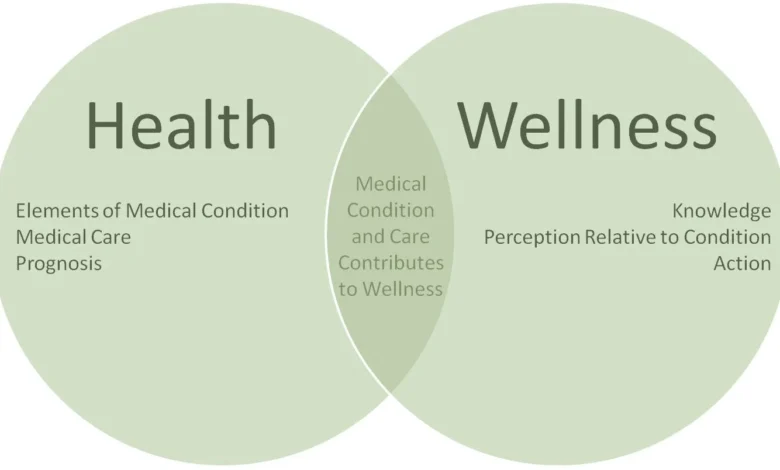What Is Candizi? Two Competing Identities

The term Candizi appears in online sources in two major contexts:
-
A wellness / functional candy / snack brand that blends treatable enjoyment with health benefits (i.e. “wellness candy”).
-
A digital content / brand / technology platform that empowers creators, marketers, or brands to manage, distribute, and optimize content.
Because sources conflict, we’ll explore both interpretations, highlighting what each version of Candizi claims, how they function, and what evidence exists.
Candizi as Wellness Candy / Functional Treat Brand
Many recent articles portray Candizi as a “wellness candy” or functional treat — a snack that not only tastes good but also offers health or adaptogenic benefits.
What It Claims to Be
-
Candizi positions itself as a hybrid between candy and wellness supplement, offering natural ingredients, adaptogens, antioxidants, and vitamins.
-
The brand promises “guilt-free indulgence”: treats that are enjoyable but gentle, using cleaner formulas and fewer artificial additives.
-
Variants include chewy bites, gummies, chocolates, or candy snacks infused with beneficial botanicals.
Ingredients, Benefits & Science
-
Key ingredients often cited are adaptogens (herbs that help the body respond to stress), antioxidants, vitamins, probiotics or digestive helpers.
-
Some sources claim benefits such as improved focus, stress relief, better digestion, and more balanced energy (versus sugar crashes)
-
However, scientific validation is limited: while some sources promote research into Candizi’s ingredients, I did not find peer-reviewed studies confirming the overall efficacy of the product itself.
Marketing & Brand Identity
-
Candizi markets itself with playful, vibrant branding, mixing health messaging with fun, expressive visuals.
-
It is often described as part of a movement to transform snacking, making healthier treats more accessible and enjoyable.
-
In press and articles, Candizi is sometimes described as trendy, buzzy in online health / lifestyle circles.
Candizi as a Digital / Content Platform
Another, less prominent but interesting reference casts Candizi as a web-based content tool or platform:
-
This Candizi is presented as a centralized hub for creators, brands, and marketers to manage content, optimize publishing, and distribute across channels.
-
It claims to use algorithms, AI-based personalization, and integrations (e.g. with WordPress, e-commerce tools) to streamline content workflows.
-
The outline suggests that creators can use Candizi to schedule content, manage campaigns, track analytics, and unify cross-platform publishing.
Because the references are fewer and more speculative, this seems like a budding or niche application of the “Candizi” name, possibly overlapping or being a separate venture.
Which Version Is More Substantiated?
Between the two, the wellness candy / treat brand version is more heavily represented in recent media, blogs, and product-style articles. Multiple wellness / lifestyle blogs have written full features on Candizi as a snack brand, describing its ingredients, branding, and claimed benefits.
The digital content platform version appears mostly in one or two sources like The Young Narrative. It’s possible that this usage is either a different business adopting the same name or an earlier concept that hasn’t yet gained widespread adoption.
Given the volume of coverage and consistency, the “Candizi wellness brand” interpretation is currently more credible.
Potential Risks, Skepticism & What to Watch Out For
When encountering a trendy wellness product like Candizi, readers should approach with measured scrutiny. Here are key cautions and considerations:
-
Claims vs Evidence: Many benefits are marketing claims without robust clinical trials. Just because a candy includes adaptogens or antioxidants doesn’t guarantee measurable benefits.
-
Ingredient transparency: Always check labels. Some articles claim Candizi uses “clean, pronounceable” ingredients. But actual products may still contain sugars, fillers, or preservatives not well advertised.
-
Regulation & oversight: In many countries, supplement / functional candy regulation is looser than pharmaceuticals. Thus, placebo effects or exaggeration can be common.
-
Allergies / sensitivities: Natural ingredients (herbs, nuts, etc.) can cause reactions in sensitive individuals.
-
Marketing hype & trend cycles: Wellness brands often ride waves of hype. A lot of buzz doesn’t always guarantee longevity or consistency.
-
Overlap / confusion in identity: Because multiple businesses may share the name “Candizi,” always verify you’re looking at the correct product (candy vs tech platform) before purchasing or investing.
Why Candizi Matters in Wellness & Branding Trends
Candizi, especially in its candy/wellness incarnation, taps into several broader trends:
-
Functional foods & “better snacking”: Consumers now expect more from treats — benefits beyond empty calories.
-
Brand storytelling + personality: Candizi leans into playful, vibrant branding to differentiate itself in a crowded space.
-
Blurring snack / supplement lines: Candizi seeks to sit at the intersection of candy and wellness, expanding market possibilities.
-
Wellness as lifestyle: The brand reflects a shift where wellness is not just vitamins or fitness, but integrated into daily rituals — even snacking.
-
Digital buzz + influencer marketing: Much of Candizi’s presence seems driven by blogs, lifestyle media, and online brand mentions — a signal that digital word-of-mouth is central to its growth.
Because it embodies these movements, Candizi can be seen as a case study in how modern wellness brands try to differentiate in saturated markets.
Conclusion
Candizi is a name that currently carries dual identities in online discourse: a wellness candy / functional treat brand that integrates health claims with indulgent snacking, and a nascent content platform aimed at helping creators manage and distribute content.
Of the two, the wellness brand version is far better documented in recent media and more likely the “Candizi” most people encounter today. While its claims of adaptogens, antioxidants, and stress / focus benefits are appealing, caution is warranted: real scientific validation is still unclear, and marketing can often exaggerate outcomes.




